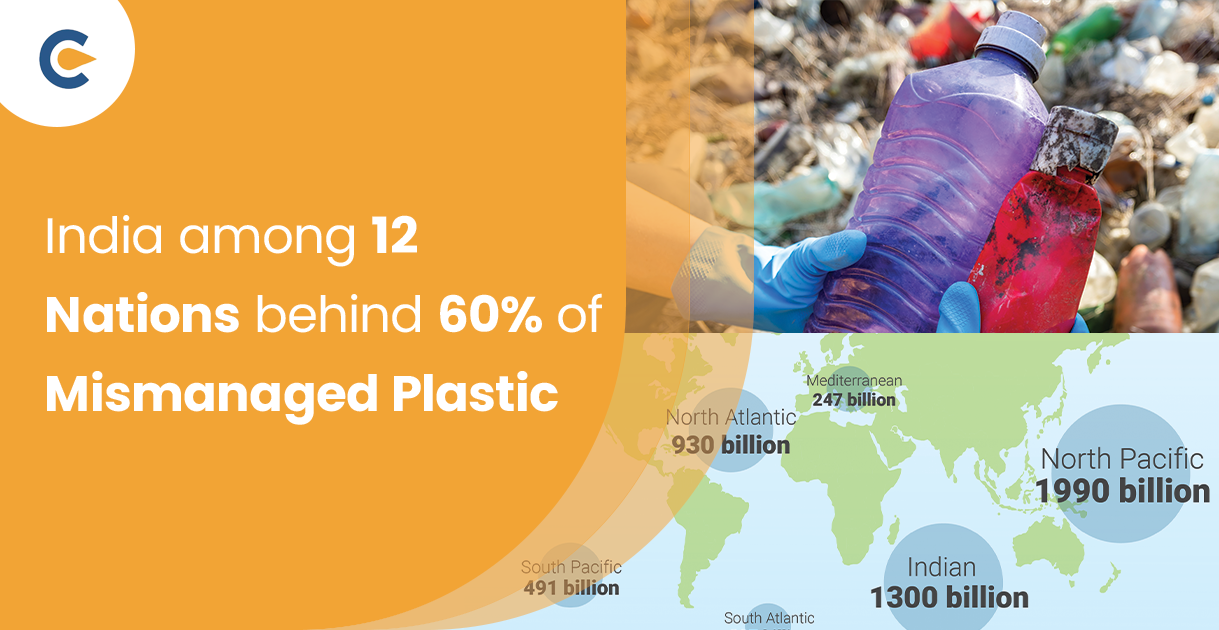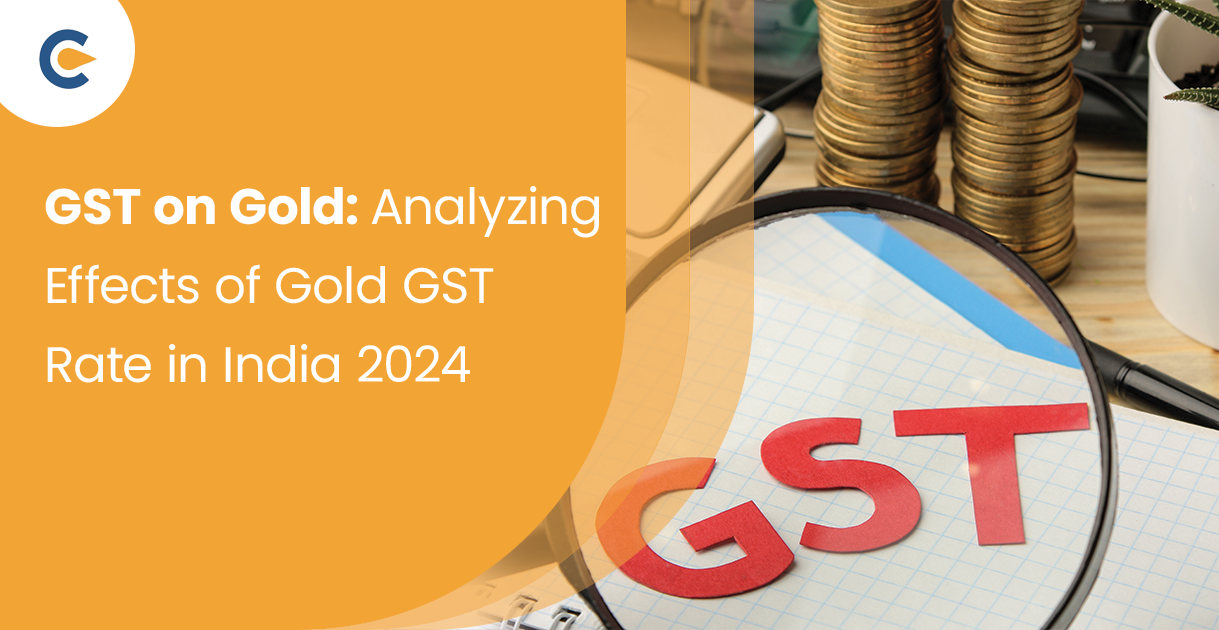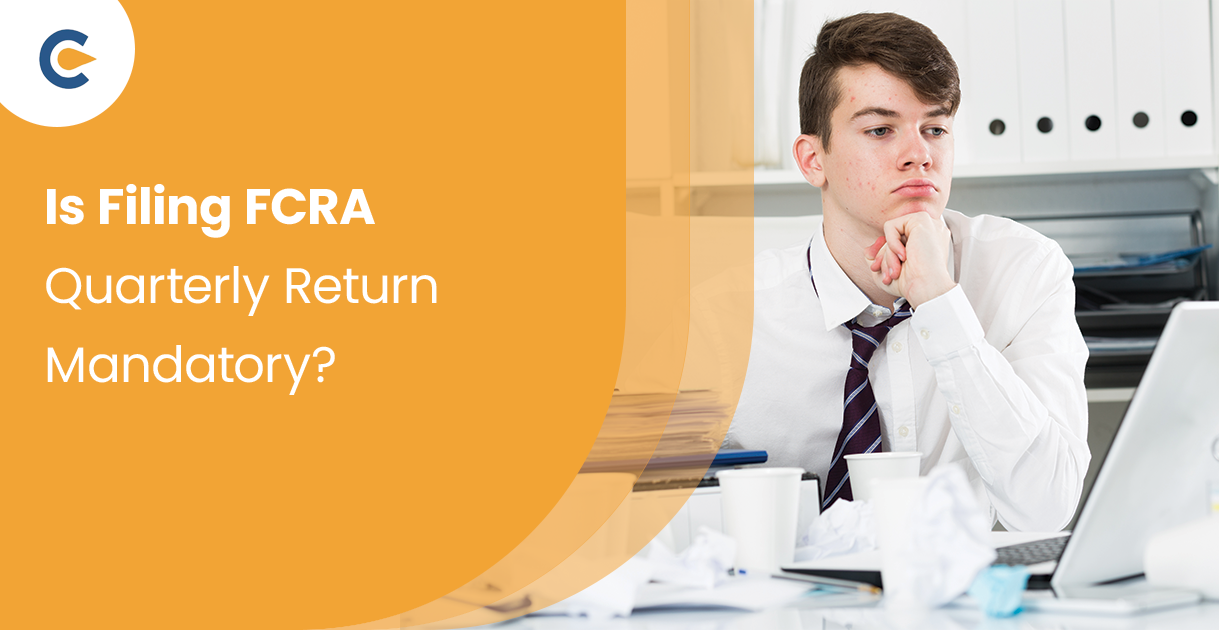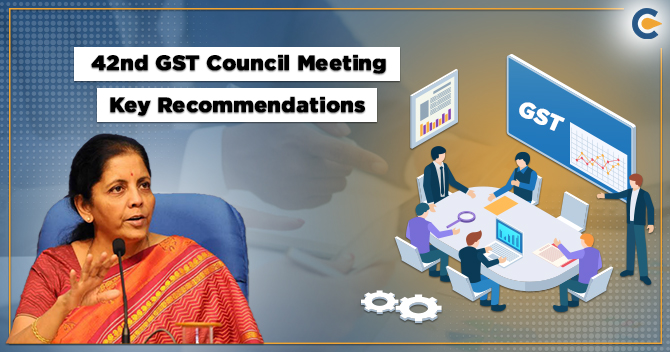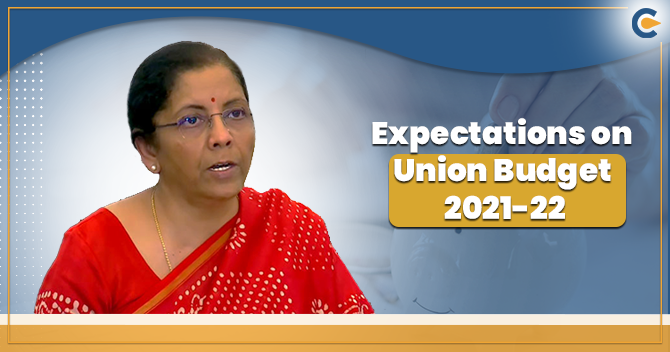After the government of India banned plastic bag use, our country is still one of the top twelve nations responsible for 60% of the world’s mismanaged plastic trash, according to a recent Plastic Overshoot Day report from EA Earth Action in Switzerland.
India produces the least amount of plastic garbage per person in the world. Still, the country is nonetheless predicted to produce 7.4 million tonnes of poorly managed plastic waste by 2024—a number the research describes as “very high.”
According to the Plastic Overshoot Day study published by Swiss nonprofit EA Earth Action, global plastic garbage production has increased by 7.11 percent since 2021. Seventy million tons of plastic garbage is expected to harm the environment.
The research is released ahead of the fourth Intergovernmental Negotiating Committee (INC) conference of the United Nations in Ottawa, Canada, where world leaders are trying to create a legally binding instrument to stop plastic pollution.
Here is the Global Insights that shows you the facts:
Top Mismanaged Plastic Waste Generators
60% of the world’s mismanaged plastic garbage comes from China, India, Russia, Brazil, Mexico, Vietnam, Iran, Indonesia, Egypt, Pakistan, the United States, and Turkey.
Plastic Overshoot Day
By September 5, 2024, the world is expected to produce more plastic garbage than it can handle, and by April of that same year, almost half of the world’s population will live in places where there is already more plastic waste than can be managed.
Projected Global Plastic Waste
An estimated 220 million tonnes of plastic trash will be generated worldwide in 2024, of which 70 million tonnes will be categorized as mismanaged plastic waste, which poses a severe environmental risk.
Country-specific Findings
Per capita Plastic Waste: Belgium is the leader in this category, with an annual production of 147.7 kg per person.
Highest Per Capita Mismanaged Plastic Waste
Oman has the highest per capita rate of mismanaged plastic trash, estimated to reach 111 kilograms per person by 2024.
India’s Impact
Lowest Per Capita Output, High Mismanagement: With 8 kg of plastic garbage produced annually per person, India has the lowest per capita production of plastic waste worldwide. But by 2024, it’s expected to produce 7.4 million tonnes of mismanaged plastic waste—a figure the research considers noteworthy.
Chemical Additives and Microplastics: By 2024, India is expected to discharge 31,483 tonnes of chemical additives and 391,879 tonnes of microplastics into its rivers and environment, respectively.
How to Reduce Your Single-use Plastic Waste?
Plastic is an efficient material because of its availability, affordability, durability, and adaptability. However, it does have a significant environmental impact that requires attention. Plastic waste is overflowing into the environment, endangering species, upsetting ecosystems, and leading to widespread littering. The effects of this on our oceans and marine life are catastrophic.
Here are a few easy-to-implement lifestyle suggestions to help reduce the quantity of single-use plastic garbage you produce.
1. Carry a Reusable Bottle
More than 35 million plastic bottles are used daily in the UK! Bringing a reusable bottle with you can reduce the plastic you use and save money. When you’re out and about, you can use the Refill app to locate a location where you can fill up your water bottle for free. Many cafes, eateries, and pubs will gladly refill your bottle as well.
2. Say No to Disposable Plastic Cutlery
Everyone has been taken off guard when they purchase a salad or yogurt at a cafe or train station and discover that the only silverware available is plastic! While it can be challenging to prepare for every scenario, you could keep cutlery on your desk at work or bring a spoon, fork, or even spork in your bag.
3. Carry Reusable Shopping Bags
Since the charge was implemented, the use of plastic bags in England has decreased by a staggering 85%. Many of us are accustomed to always having an extra bag with us, but if you still have trouble remembering, consider getting a foldable bag that you can fit in your everyday bag or leaving several by your front door.
4. Ditch the Cling Film
You may lessen plastic pollution by using any of the many beautiful substitutes for plastic cling wrap. Food packaging and storage in reusable containers is a fantastic place to start. You can also buy reusable silicone bowl toppers to cover food in bowls, pots, and pans. You may even get creative and make your beeswax wraps, reusable fabric covers, or upside-down plates.
5. Tea Bags
Make sure the teabags you use are plastic-free, or try using a tea strainer and loose-leaf tea instead.
6. Give up Gum
There are chewing gum substitutes available on the market that don’t contain plastic.
7. Bars of Soap
One simple approach to reducing single-use plastics is to replace shower gel with soap bars. Bar soaps are available in various blends to accommodate body cleaning, face washing, shampooing, and shaving; therefore, your bottle lineup may transition into a bar lineup. Some individuals even make sure the soap’s ingredients don’t include palm oil, which fuels deforestation.
8. Tampons and pads
There are many reusable substitutes for single-use sanitary products available these days. It includes the widely used menstruation cups, which come in a variety of brands and can be bought online, as well as in many pharmacies and health stores. These inserts, which work similarly to tampons, usually require emptying and cleaning a few times daily.
Reusable options include period pants and washable cotton pads and liners, which come in various brands. These may all be laundered in the washing machine and function like pads.
Challenges of Plastic Waste Recycling
It is common knowledge that recycling plastic has several benefits, chief among them the preservation of the environment. However, are you aware of the difficulties encountered in the plastic recycling process?
Explore the following issues that the recycling business faces:
- Limited Availability of Quality Material: A typical trash stream contains seven different types of plastic, each degrading differently. Producers mix all of the compounds during the manufacturing process because they cannot access this knowledge. It makes recycling more challenging and ultimately leads to incineration, a significant waste of precious resources.
- Gap in Demand & Supply: Ignorance makes it challenging to gather plastic debris. Waste pickers find it difficult to gather plastic waste and frequently give up on collecting particular types of plastic debris since they are not well-paid.
- Lack of Waste Segregation at Source: The most traditional and basic way of separating plastic debris is by hand sorting it. In underdeveloped nations like India, each form of plastic must be manually separated before recycling can occur. This results in an inconsistent and inefficient sorting process.
- Lack of Proper Technology: Recycling has advanced significantly in several nations. However, many nations—particularly developing nations—continue to lag behind in terms of technology. Less advanced technological sources ultimately impact the recycling process.
- Lack of Proper Industrial Expertise: Workers encounter difficulties due to inadequate industrial experience in recycling plastic garbage. New equipment and uncertain knowledge make working a complex system, leading to one of the main obstacles in the management of plastic recycling.
Role of EPR in Managing the Plastic Waste
Extended Producer Responsibility (EPR) requires companies, plastic packaging manufacturers, and importers to be accountable for the plastic they place on the market throughout the material’s lifecycle. Governments typically implement EPR policies through a set of regulations and targets, and they are based on the “polluter pays” theory.
There are two types of EPR programmes: those with non-binding targets but a legal obligation for brands to report on their mitigation performance or those with required targets and penalties for not fulfilling them. Occasionally, the latter serves as a springboard for a more extensive, legally mandated EPR structure. EPR fulfilment for plastic waste management is vital for managing mismanaged plastic.
How Does EPR Work?
EPR operates in various ways, but in short, covered packaging and printed paper for direct mail, newspapers, magazines, and office supplies are subject to minor fees paid by the product manufacturers or brands. These fees are collected by a producer responsibility organisation, a nonprofit established by the brands to meet particular recycling targets outlined in the EPR law.
After that, this nonprofit organisation creates a plan to reach a specific recycling rate, which is then reviewed by an advisory board of value chain participants. Typically, this advisory council consists of:
- Waste haulers
- Environmental groups
- Sortation facilities or materials recovery facilities (MRFS)
- Consumer advocates
- Manufacturers of goods from recycled products
The council will offer suggestions or ask that the nonprofit organisation’s recycling plan be modified. The sustainability plan is approved by a state agency, such as the EPA or the Department of Environmental Quality.
Following the plan’s implementation, the producer will contract with the hauler or service provider that provides recycling services to a particular neighborhood. They will oversee or pay for the hauler’s operations and contribute to the cost of sorting the materials. After sorting the materials, the MRFs or sortation facilities transmit them to the appropriate end markets.
The producer might also contribute to the cost of system upgrades to enhance those recycling systems. The price of this variety of goods and products is then split across all the packaging items sold in a specific state.
Which Countries Have EPR Frameworks?
More than 70 nations have implemented or are developing plastic Extended Producer Responsibility (EPR) systems to mitigate the environmental effects of manufacturing and utilising retail and consumer goods, together with the related packaging materials. A summary of the EPR programs and legislative strategies used in South Africa, the EU, Singapore, India, and the Philippines.
Conclusion
In summary, progress in a waste management capacity is nearly undetectable because it is not keeping up with the increasing production of plastics. Mismanaged plastic data is troublesome. The notion that the plastic crisis can be resolved by boosting recycling and waste management capabilities is erroneous. At best, our fight against plastic pollution will resemble a holding pattern if we don’t implement substantial reduction at the source. Mismanaged plastic trash can be managed through timely EPR fulfilment for plastic waste management.
Frequently Asked Questions
How big is the problem of plastic waste in India?
India is number twelve in terms of poorly handled plastic garbage. Millions of tonnes of plastic waste are thought to be improperly managed each year, contaminating land and water resources.
What are the main types of plastic waste?
Plastic waste comprises single-use plastics, plastic bottles, bags, and packaging materials that are improperly disposed of and wind up in landfills, streets, or rivers.
What are the impacts of Plastic Waste?
– Lack of infrastructure for waste management: Inadequate recycling facilities and insufficient collection systems lead to inappropriate disposal.
– Public littering: One major contributing factor is plastic garbage disposal in streets and public areas.
– Insufficient waste segregation: Recycling and appropriate disposal are complicated by mixed waste streams.What initiatives are being taken to tackle mismanaged plastic waste in India?
The initiatives taken to tackle mismanaged plastic waste in India are-
– Plastic bag bans: To deter people from using thin plastic bags, several states have outlawed them.
– Extended Producer Responsibility (EPR): Manufacturers are obligated by the EPR policy to manage the plastic waste that their products produce.
– Encouraging recycling: Public and private programmes promote the collecting and recycling of plastic trash.
– Public awareness campaigns: Initiatives are in place to inform the public about the responsible use and disposal of plastics.How do Plastic Waste Management Rules 2016 differ from the Plastic Waste (management and handling) Rules 2011?
The 2011 regulations for managing and handling plastic waste were limited to municipal areas. On the other hand, the 2016 regulations cover the city areas and the outlying territories of rural and urban agglomerations. All garbage generators, local bodies, gram panchayats, manufacturers, importers, producers, and brand owners are subject to the 2016 Rules.
What is Extended Producer Responsibility (EPR)?
An environmental policy approach known as Extended Producer Responsibility (EPR) requires producers to be financially and/or physically accountable for how post-consumer items are treated or disposed of. In the context of plastic management, producers must control the plastic trash that their products generate throughout their lifetimes.
Why is EPR necessary for plastic waste management?
· Reduce Plastic Usage: Create items that use as little plastic as possible or look into substitute alternatives.
· Improve Product Design: Create things that are simpler to recycle or reuse.
· Invest in Recycling Infrastructure: Encourage and work together to create reliable recycling systems.What regulations govern EPR for Plastic Waste Management in India?
EPR is required for manufacturers, importers, and brand owners (PIBOs) under the Plastic Waste Management Rules of 2016. The scope of EPR duties has been tightened and increased through subsequent revisions, including recycling and collecting targets.
Read our article EPR Guidelines For Plastic Wastes – An Overview



